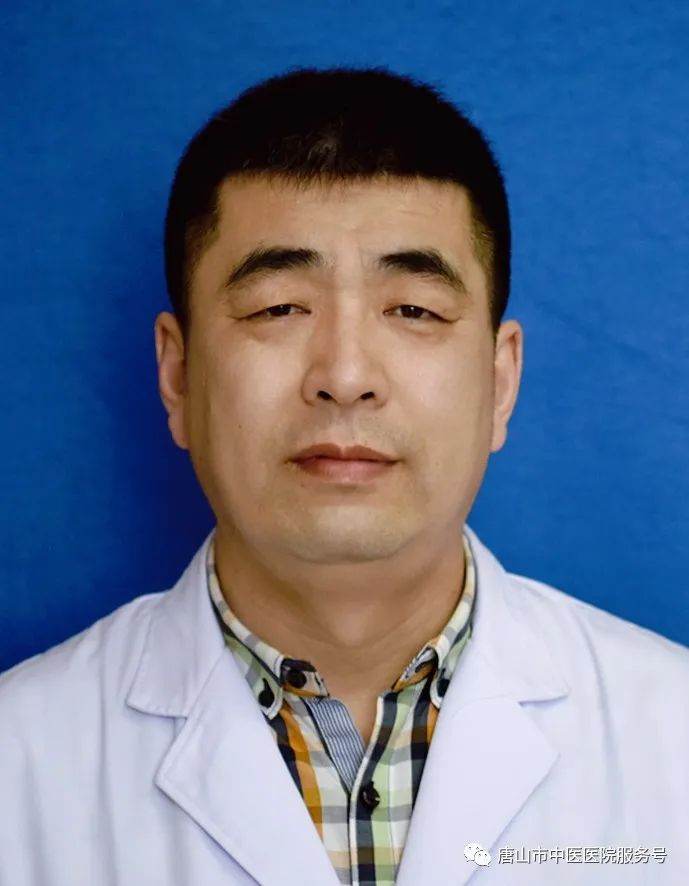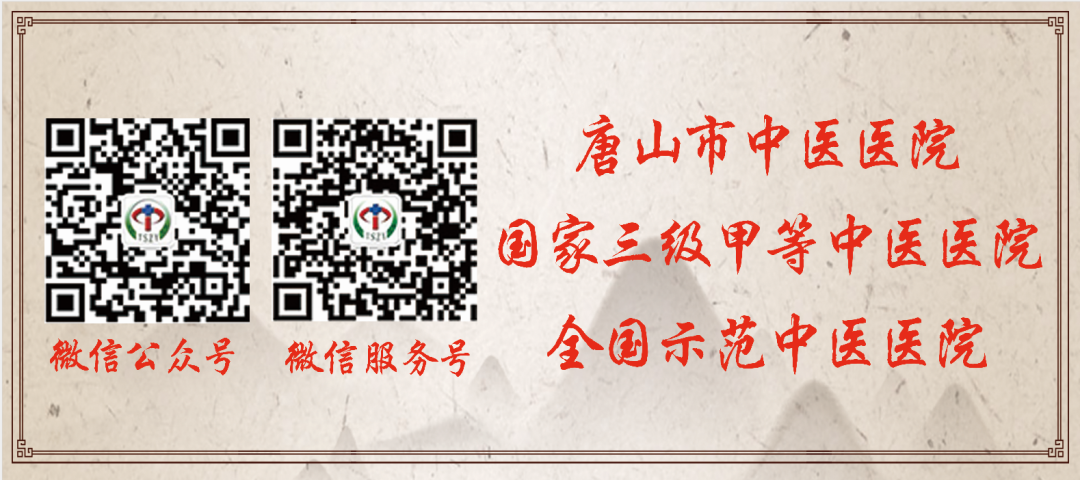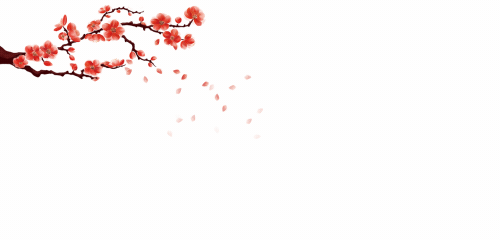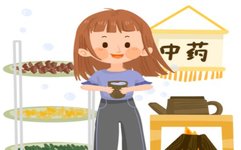Chinese herbal medicine is a treasure of our country’s medical system. The in-depth exploration, research, and summarization by ancient sages have led to the widespread recognition and application of Chinese herbal medicine. In addition to the dialectical treatment by doctors, the meticulous dispensing by pharmacists, and careful decoction, the correct method of taking medicine is also very important. Director Ge Lin of the Pharmacy Department of Tangshan Traditional Chinese Medicine Hospital introduces: there are specific considerations when taking Chinese herbal decoctions, as the method, timing, dosage, and contraindications can all affect the efficacy of the herbs.
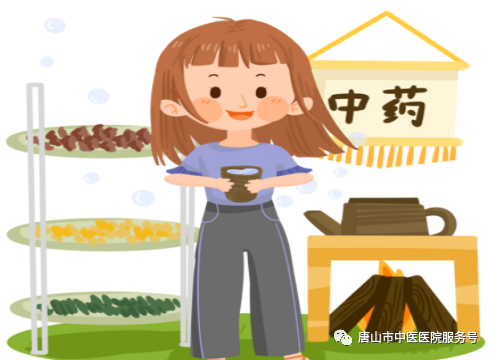 Timing of Medication
Timing of Medication
Traditional Chinese Medicine (TCM) believes that the timing of taking different types of medicines may vary, and this difference is determined by the effects of the medicine and its therapeutic purpose.
Before Meals
For diseases concentrated in the organs below the chest and abdomen, such as the stomach, liver, and kidneys, it is advisable to take medicine before meals, as this facilitates the digestion and absorption of the medicine.
After Meals
For conditions above the chest, such as dizziness, headaches, eye diseases, and throat pain, it is better to take medicine after meals, as this allows the medicinal properties to ascend. Digestive herbs and those that stimulate the gastrointestinal tract should also be taken after meals.
On an Empty Stomach in the Morning
Medicines for treating blood vessel diseases in the limbs, tonifying herbs (especially those that tonify kidney yang), laxatives, and antiparasitic medicines should be taken on an empty stomach in the morning. In the morning, the body’s yang energy rises with the natural yang energy of the environment, which helps the medicinal properties to quickly reach the affected areas and take effect.
Before Noon
In the morning, it is advisable to take qi-tonifying and yang-raising herbs, as well as herbs that induce sweating and release the exterior.
In the Afternoon
In the afternoon or evening, it is advisable to take purgative herbs.
Before Sleep
Calming and sedative herbs, astringent herbs for stopping leakage, and laxatives should be taken before sleep, as this is beneficial for absorption the next morning.
Single Dose
Single dosing is generally suitable for patients with acute conditions, meaning the decoction should be taken immediately after preparation, reflecting the urgency of treatment. Currently, this method is also used for common febrile diseases, infectious diseases, and pediatric emergencies.
Other Considerations
Menstrual regulating herbs should be taken before the onset of menstruation and stopped during menstruation; medicines for treating malaria should be taken two hours before an attack; and asthma control should be taken 30 minutes before an attack.
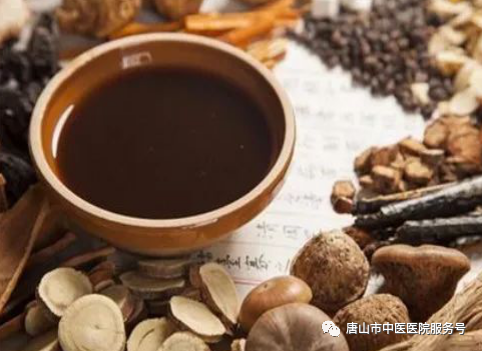 Temperature of Medication
Temperature of Medication
Warm Administration
Generally, herbal decoctions should be taken warm, especially those that have a stimulating effect on the gastrointestinal tract, such as Trichosanthes fruit (gua lou ren) and frankincense (ru xiang). Warm administration can reduce irritation and achieve therapeutic goals. The optimal temperature is 30-35°C, which minimizes bitterness.
Hot Administration
Take the prepared herbal decoction while it is still hot. Generally, hot decoctions are suitable for cold conditions. Qi-regulating herbs, exterior-releasing herbs, and blood-activating herbs should be taken hot to enhance their efficacy.
Cold Administration
This means taking the prepared herbal decoction after it has cooled down. Generally, cold decoctions are suitable for heat conditions. Detoxifying herbs, antiemetic herbs, heat-clearing herbs, astringent herbs, and purgative herbs should all be taken cold.
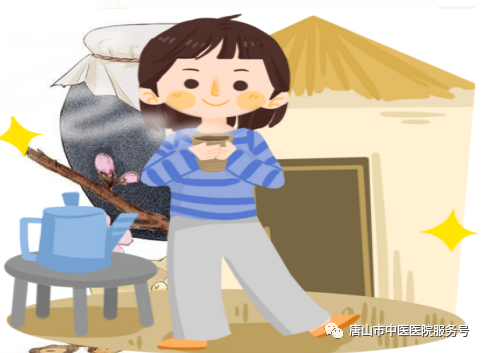 Dosage of Medication
Dosage of Medication
1. For general diseases, take one dose per day, divided into two or three administrations.
2. For acute and severe conditions, medicine can be taken every four hours continuously, day and night, to maintain the medicinal effect.
3. For patients with vomiting, small and frequent doses are advisable.
Contraindications for Medication
1. When taking Chinese herbal decoctions, avoid smoking and alcohol, and refrain from spicy, hot, oily, and greasy foods;
2. Patients with skin diseases and wounds should avoid fish, shrimp, and other pungent and irritating foods;
3. If taking Western medicine concurrently, the timing should be staggered;
4. Children, pregnant women, the elderly, and patients with abnormal liver and kidney function should follow medical advice;
5. When using herbs that induce sweating, purgatives, or heat-clearing herbs, stop when the condition improves, and do not finish the dose to avoid excessive medicinal effects that may harm the body’s righteous qi.
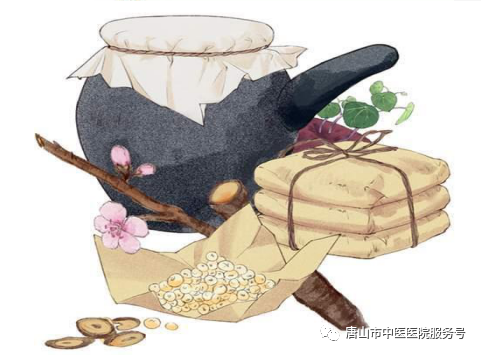
Director Ge Lin reminds: In addition to the above considerations for medication, when using Chinese herbal decoctions in clinical practice, attention should also be paid to whether there are compatibility contraindications between Western medicines and Chinese herbal decoctions; whether there are synergistic or antagonistic effects when used together; for specific situations, please consult a physician or pharmacist before taking. Mastering the correct method of taking medicine, understanding the contraindications and precautions, can better achieve therapeutic goals.
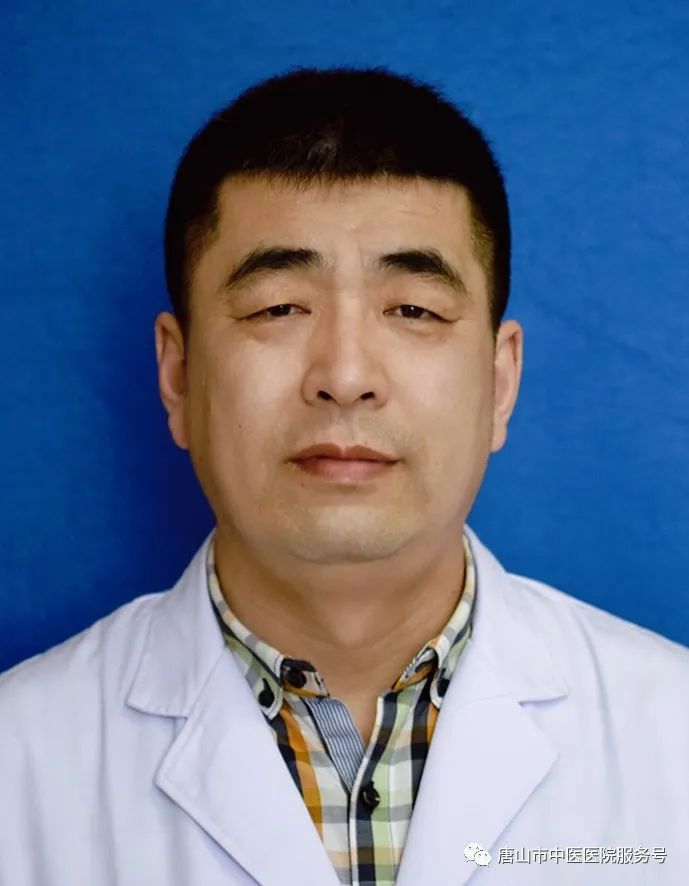
Ge Lin, Director of the Pharmacy Department of Tangshan Traditional Chinese Medicine Hospital, Chief Pharmacist, Licensed Pharmacist, graduated from the Pharmacy Department of Hebei Medical University. A third-tier talent in the Hebei Province “Three-Three-Three Talent Project.” Vice Chairman of the Hospital Chinese Pharmacy Professional Committee of the Hebei Pharmaceutical Association, member of the first committee of the Gaitian Branch of the Chinese Association of Traditional Chinese Medicine, Vice Chairman of the first Chinese Medicine Formula Granules Professional Committee of the Hebei Traditional Chinese Medicine Association, member of the Hebei Traditional Chinese Medicine Association, and one of the top ten outstanding pharmacists in Yanzhao. He has published multiple papers in national core journals.
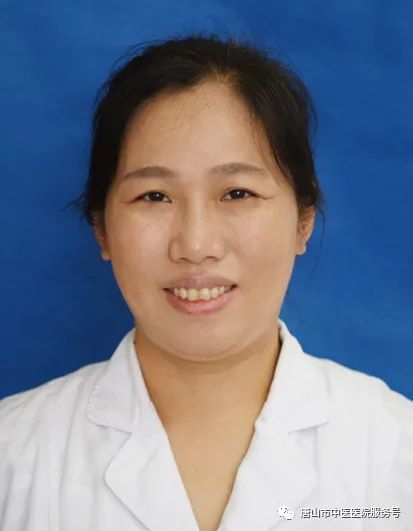
Wang Li, Chief Chinese Medicine Pharmacist of the Pharmacy Department of Tangshan Traditional Chinese Medicine Hospital, Licensed Chinese Medicine Pharmacist, Clinical Chinese Medicine Pharmacist, Master’s degree, graduated from the School of Pharmacy of Shandong University of Traditional Chinese Medicine.
Text by:Wang LiDepartment:Pharmacy DepartmentReviewed by: Shi AihuaProduced by: Yang ChaoSupervised by: Zhang Hui
